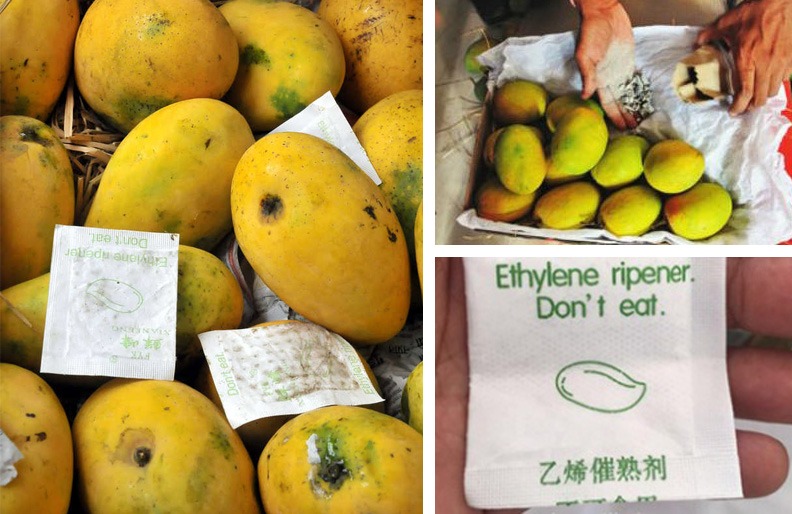FSSAI Direction For Fruit Sellers: ‘Food Safety and Standards Authority of India’ i.e FSSAI has alerted fruit traders and food business operators (FBOs) operating fruit ripening chambers to ensure strict compliance of the ban on calcium carbide for artificial ripening of fruits, especially during the mango season. FSSAI has advised the food safety departments of states, union territories to remain vigilant and take strict action against those involved in such illegal activities as per the provisions of the Food Safety and Standards Act, 2006 and the rules and regulations made under it.
Calcium carbide is dangerous for health Calcium carbide, commonly used to ripen fruits like mango, releases acetylene gas which contains harmful traces of arsenic and phosphorus. These substances, also known as ‘masala’, can cause serious health problems such as dizziness, frequent thirst, irritation, weakness, difficulty in swallowing, vomiting and skin ulcers. Moreover, acetylene gas is equally dangerous for those who deal with it.

There is a possibility that calcium carbide may come in direct contact with fruits and leave traces of arsenic and phosphorus on the fruits. It is strictly prohibited Due to these hazards, the use of calcium carbide for ripening fruits has been banned under Regulation 2.3.
5 of the Food Safety and Standards (Prohibition and Restrictions on Sales) Regulations, 2011. This regulation clearly states, “No person shall sell or offer for sale or expose or keep in.























